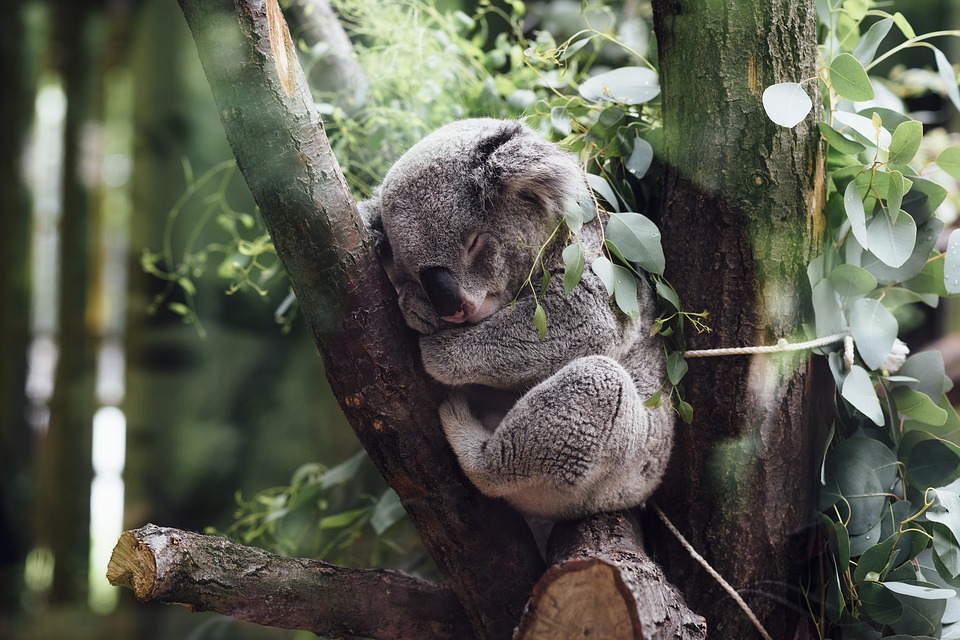News release
From:
Australia has many unique plants and animals and some of the most extraordinary organisms anywhere on Earth, but only around 30 per cent of its estimated 600,000 species have been discovered, documented and named. If we keep going at this rate, it could take around 400 years to get through them all - but by that time, many will be extinct.
Fortunately, the Australian Academy of Science has a plan. Join us in advance of the release of the Academy's Decadal plan for taxonomy and biosystematics in Australia and New Zealand 2018–2027 to hear about what scientists could achieve if they're supported to take advantage of the technological revolution underway.
Speakers:
- Dr Kevin Thiele is a plant taxonomist, lead author of the report, Adjunct Senior Lecturer at the University of Western Australia, and former Curator of the Western Australian Herbarium.
- Kevin will discuss the importance of taxonomy and biosystematics for society, the economy, and for understanding life on Earth; the opportunities and scientific advances that could lead to a ‘hyper-taxonomy revolution’ – the discovery and documentation of all Australia’s species within a generation; the key recommendations of the report; and the excitement and importance of discovering and naming new species.
- Dr Claudia Arango is a marine taxonomist, was in the report working group, is a Research Associate at the Queensland Museum, and is one of the few world specialists in sea spiders.
- Why are sea spiders important? Sea spiders are amazingly weird, with no living close relatives, so almost everything about them is interesting from the animal evolution point of view. Also from the commercial point of view, just few years ago, a sea spider in Japan suddenly starting killing their cultures of a commercially important clam causing concern in the local fishing industry. Those outbreaks are still not well understood. In Australia, an increased understanding of the diversity of sea spiders and marine invertebrates in general could potentially avert similar crises. Claudia will also discuss some of the undiscovered and neglected marine biodiversity in Australia’s inshore waters and marine territories, and how any one of these species could be the key for developing a super drug that saves human lives or discovering novel materials; and her own journey as an internationally recognised expert and mid-career taxonomist – without a taxonomist job.
Multimedia




 Australia; New Zealand; QLD; WA; ACT
Australia; New Zealand; QLD; WA; ACT



